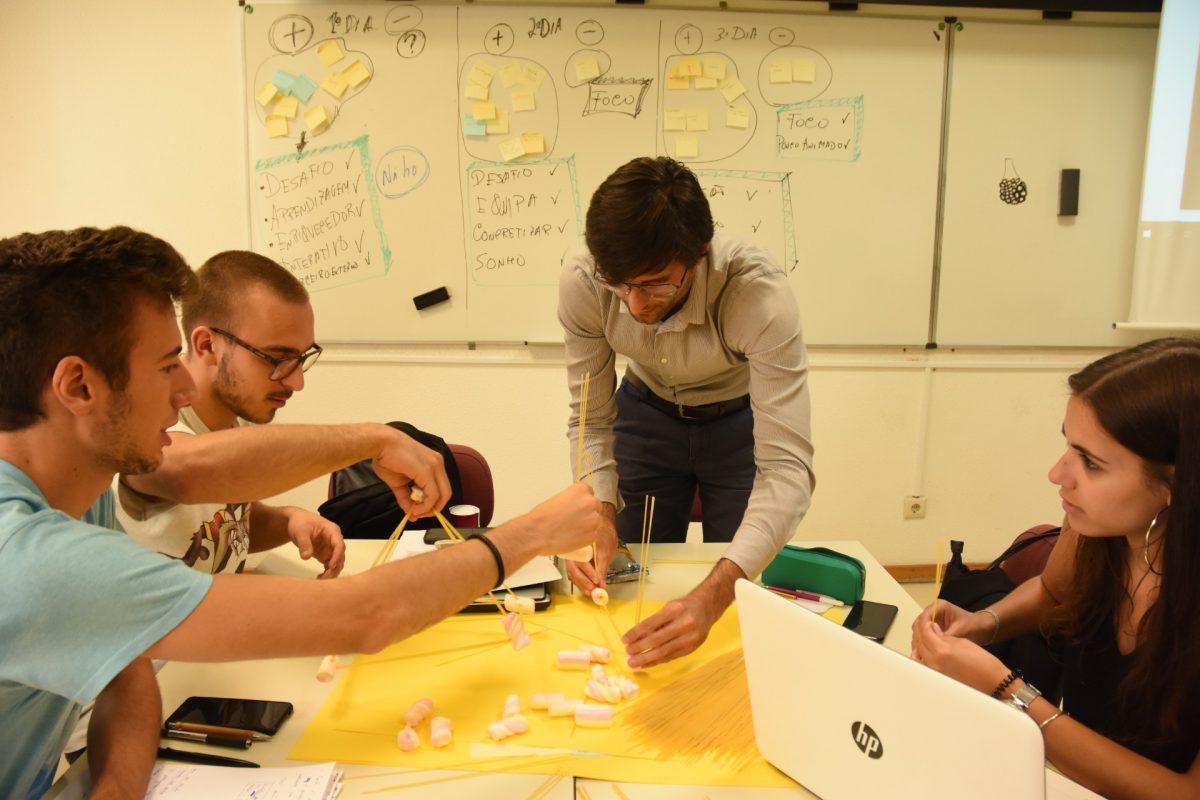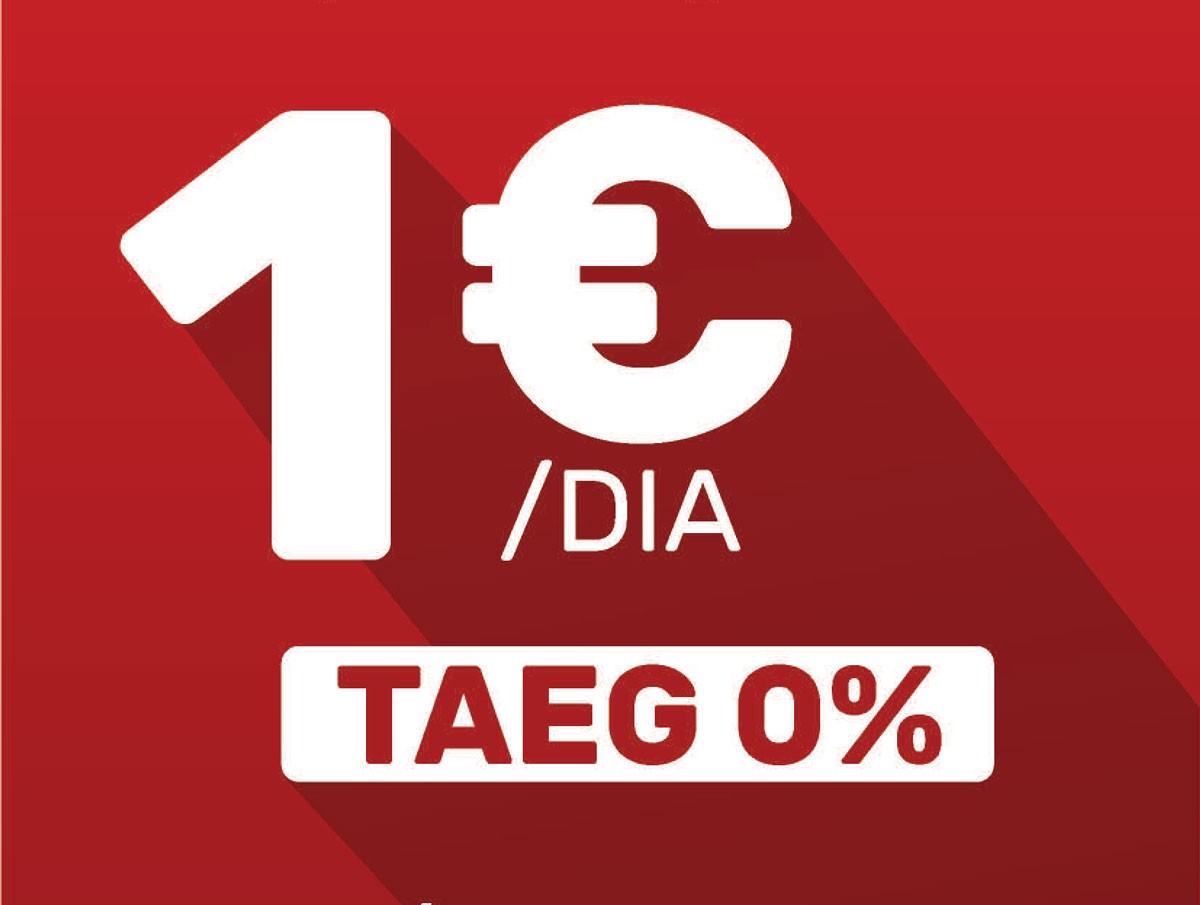Students and teachers of the Polytechnic Institute of Setúbal (IPS) go, over the next few weeks, work together with companies and organizations in solving real problems, in a cocreating perspective.
The multidisciplinary work teams created under the Pedagogical Innovation Project, launched by the Finnish Innovation Platform Demola at the end of 2020, will be presented at an online release session scheduled for the next Wednesday, 24, at 5 p.m.
The start-up meeting, via Colibri/Zoom platform (https://videoconf-colibri.zoom.us/j/81518214594), will have the interventions of the president of IPS, Pedro Dominguinhos, the CEO of Global Demola, Ville Kairamo, and of Cristina Jacinto, the Commission of the Human Capital Operational Program (Poch), which funds this project.
The presentation of the cooperation projects, which encompass areas such as disruptive services, new technologies, society & culture, well-being and sustainability, will be moderated by the teachers Luísa Carvalho and Nuno Pina, the pedagogical coordination team of the project in the IPS. In all are eight projects, involving introsys, ultra adventure, procomsom, signcabo, Nokia Portugal and Ascension, as well as the municipalities of Setúbal and Barreiro.
Currently involving 50 higher education institutions, 750,000 students and a wide range of organizations around the world, it is, in the opinion of Luísa Carvalho, “a strategic project that allows the development of a set of shares, in the areas of Teacher training, connection with the community and companies for troubleshooting in cooperation, and internationalization”, therefore, “an added value for the IPS community to integrate this international network.”
The teacher argues that “more and more higher education institutions have to be interconnected and work on a network with the community, with companies, but also with other organizations in an international context,” and lists the various benefits arising from this experience to the various related parties.
For students, it means “having the possibility to learn in an innovative, collaborative format and supported in innovative and world-tested tools”, while for teachers, it represents the “opportunity to receive training in the context of innovative teaching methodologies and current”.
Finally, the community, represented by the non-profit organizations involved, had benefited by the “contribution of the ideas of the Millennials and their divergent thinking in solving real problems.”





